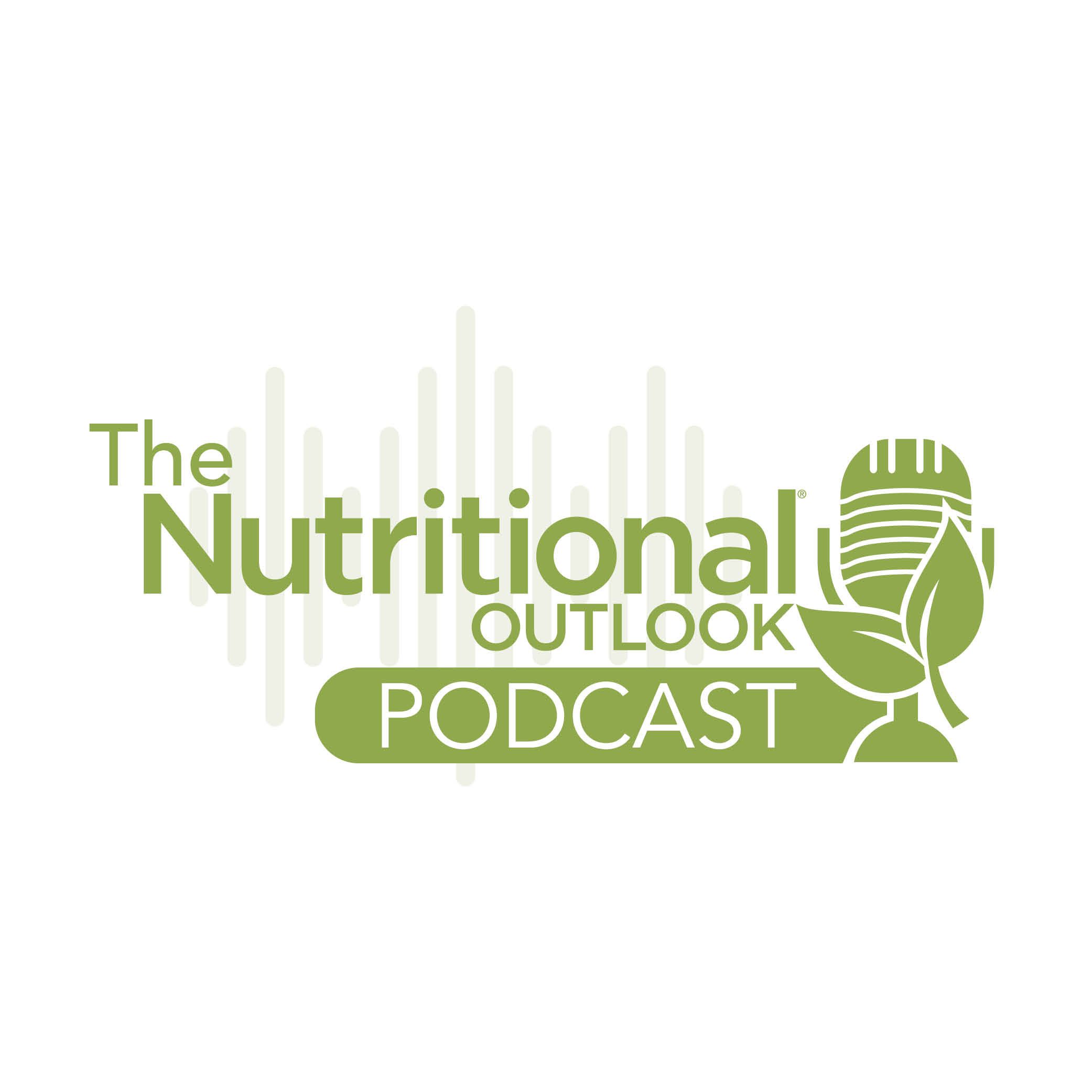Article
Brand finds sustainable source for Cordyceps sinensis product
Ayurvedic superfood brand Hanah has launched a new Cordyceps sinensis product whose ingredients are the first to be harvested directly from the kingdom of Bhutan using sustainable harvesting methods.
Photo courtesy of Hanah

Ayurvedic superfood brand Hanah has launched a new Cordyceps sinensis product whose ingredients are the first to be harvested directly from the kingdom of Bhutan using sustainable harvesting methods which benefit local communities, the company says. The product, Cordyceps+, an adaptogenic formula made from Cordyceps sinensis and eight additional herbs that include solomon’s seal, shatavari, rhododendrom, ashwagandha, panchaule, pushkarmool, sea buckthorn, and shilajit, is designed to improve mental and physical performance and strengthen the immune system.
Hanah says it worked with the Traditional Medicine Institute of Bhutan to develop this recipe, based on the texts of the Sowa-Rigpa, a Tibetan traditional medicinal system. Nicknamed the “athlete’s ally,” cordyceps are a powerful and desirable ingredient. “Cordyceps mushrooms have been used for thousands of years and are revered as one of the world’s most valuable tonics,” explains Hanah founder Joel Einhorn to Nutritional Outlook. “Traditional Eastern healers have recommended Cordyceps sinensis, also called Yarsagumba or ‘winter worm, summer grass,’ for all diseases either as a single medicine or combined with other herbs. The benefits of this rare adaptogen are well documented and researched, and include: strengthening the immune system, improving mental performance, acting as a powerful anti-inflammatory, and [enhancing] athletic performance.”
A parasite, Cordyceps sinensis grows from the head of ghost moth caterpillar larva native to the Himalayas (Bhutan, Tibet, Nepal). Cordyceps, which are labor intensive to harvest, highly sought after, and scarce, are considered endangered in China; thus, the ingredient fetches a very high price tag. In order to fairly and sustainably harvest this desired resource, Hanah has partnered with the kingdom of Bhutan, which strictly enforces harvesting guidelines meant to protect the environment and the collectors.
“Only skilled local villagers from the cordyceps growing areas are permitted to collect this special fungus,” says Einhorn. “The harvesting is limited to one month a year, timed at a specific point in the growing cycle to ensure maturity and sustainability, and is overseen by local leaders and forestry services, who also keep an eye out for poachers.”
The firm is differentiating itself by emphasizing that the ingredient is grown and harvested in nature as opposed to cordyceps grown artificially in laboratory settings, which Hanah says are less nutritious and more likely to be adulterated because of the potential for lab-grown mycelium being dried and ground with the grain it’s grown on. Hanah says it also believes strongly in continuing to support the collectors who rely on the fungus for 90% of their income.
Newsletter
From ingredient science to consumer trends, get the intel you need to stay competitive in the nutrition space—subscribe now to Nutritional Outlook.

.png&w=3840&q=75)

.png&w=3840&q=75)



.png&w=3840&q=75)



.png&w=3840&q=75)









